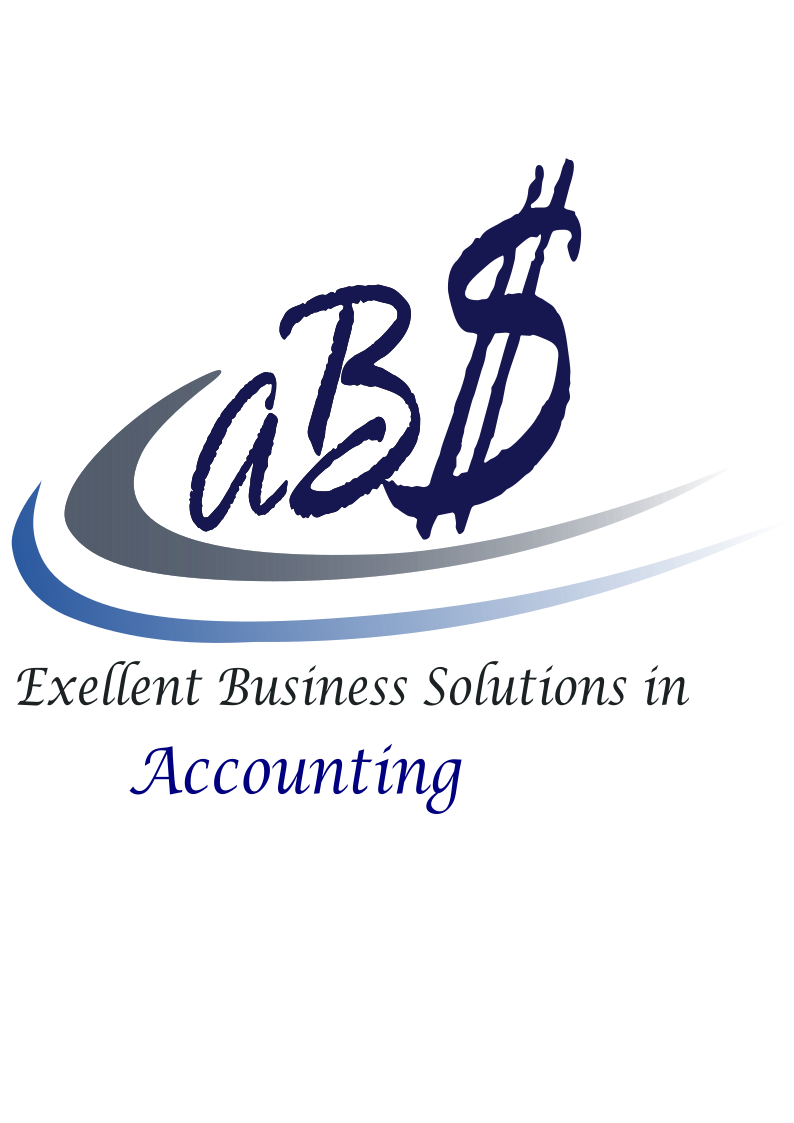Income generated through rentals by corporations

Income generated through rentals by corporations and governed by rules related to specified investment businesses.
Active and Passive Income
Operating a business through a corporation can offer long-term deferral advantages. Those who opt for this approach can benefit from the Small Business Deduction, which allows for a reduced corporate tax rate on "active business income" until it is distributed to shareholders.
However, there are potential problems that can diminish the advantages of running a business through a corporation. Mainly, because of the important distinction between "active" and "passive" business income in the Tax Act.
"Passive" business income includes earnings derived from property, such as dividends, interest, and certain rents.
On the other hand, "active" income pertains to business activities that require more hands-on involvement, such as retail sales or professional services.
Income generated through rentals by corporations
Due to the passive nature of rental income generated by corporations, regrettably, the Small Business Deduction cannot be utilized for rental receipts in such scenarios. Consequently, the implementation of the Specified Investment Business rules results in a higher tax liability for the specific revenue stream each year.
The concept of a "Specified Investment Business" is defined in subsection 125(7) of the Tax Act. When a corporation primarily ((about 50% or more) earns income from passive sources like rents, it is classified as a Specified Investment Business (SIB), which prevents it from claiming the small business deduction on any of its income, whether active or passive.
Specified investment businesses generate what is known as aggregate investment income, which is subject to a significantly higher tax rate compared to other corporations.
It is worth emphasizing that exceptions exist for the Specified Investment Business rule, and with the implementation of appropriate tax planning, taxpayers can leverage their Small Business Deduction for rental operations.
Please note the following list of exceptions that enable corporations to claim the Small Business Deduction:
-
Active business income earned through hiring more than five full-time employees to run the rental operation
-
Connected corporations: Specific regulations govern connected corporations, enabling them to combine their Small Business Deduction limits and potentially apply the deduction to their aggregated income. In cases where an associated corporation provides services to support the rental business of another corporation, implementing a suitable business structure can facilitate both entities in claiming the Small Business Deduction.*
-
Temporary Income Surge: In situations where a corporation primarily earns active business income but experiences a significant, albeit temporary, increase in rental or passive income, such as during a restructuring phase, it is unlikely to meet the specified investment business threshold. Consequently, subsection 125(7) does not come into effect, enabling the application of the Small Business Deduction to the active income earned during that period.
-
Qualified small business corporation shares: If a corporation meets the criteria for being a qualified small business corporation, it may be able to claim the Small Business Deduction on income earned from the sale of shares.
-
Rent paid to associated corporations: associated corporations engaging in the payment of rent to each other for the purpose of earning active business income can also share the Small Business Deduction, given that the nature of the rental payments is classified as active business. For instance, if one corporation generates active business income and pays rent to an associated corporation for office space, the associated corporation will be eligible to claim the Small Business Deduction on that rental income. This provision allows taxpayers to structure their operations for business law reasons without incurring adverse tax consequences.
*Note:
In 2018, amendments were introduced to the Small Business Deduction (SBD) in order to restrict the eligibility of passive holding companies to benefit from it. If a corporation, or an associated corporation, earns passive investment income exceeding $150,000, the business limit, which determines the income eligible for the small business deduction, will be reduced to zero. This reduction in the business limit will be proportional on a linear basis for corporations earning $50,000 or more of passive investment income until the passive income reaches $150,000, at which point the business limit is completely eliminated.
SUMMARY AND CONCLUSION
Navigating the complexities of rental income, corporations, and the Specified Investment Business rules requires careful consideration and expert advice.
Small business owners must be aware of the tax implications associated with the categorization of income and the limitations of the Small Business Deduction.
Understanding the exceptions and utilizing appropriate business structures can help small business owners maximize tax efficiency while complying with tax regulations and preserving liability protections.
Disclaimer:
“Please note that the information provided in this article is of a general nature and may not be accurate for your specific situation. The information is current as of the date of posting and is not intended to provide legal advice. It's always recommended that you consult with a professional accountant and lawyer for personalized guidance and advice."



